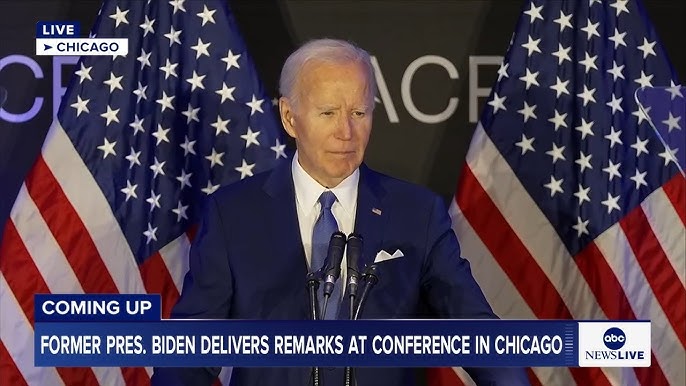Now Reading: Trump’s Shocking Border Solution: Cash and Plane Tickets for Self-Deportation
-
01
Trump’s Shocking Border Solution: Cash and Plane Tickets for Self-Deportation

Trump’s Shocking Border Solution: Cash and Plane Tickets for Self-Deportation
Trump’s Bold New Border Strategy: Pay Migrants to Leave America
In a move that has political commentators buzzing, Donald Trump has unveiled a controversial new approach to addressing America’s border crisis. The US President is now offering financial incentives and transportation to migrants who choose to ‘self-deport’ from the country.
During a revealing interview with Fox Noticias, Trump detailed his administration’s current focus on removing what he described as ‘murderers’ from the United States. But his new ‘self-deportation program’ aims to cast a much wider net across the immigrant population.

The Surprising Financial Incentive Package
Perhaps the most eyebrow-raising aspect of Trump’s new plan is the financial component. The President confirmed that his administration intends to provide both monetary assistance and air travel to those who voluntarily leave.
“We’re going to give them a stipend. We’re going to give them some money and a plane ticket,” Trump stated during the interview. This approach represents a significant shift from his previous hardline deportation rhetoric that dominated his campaign.
The President went on to suggest that certain migrants might be welcomed back through legal channels. “If they’re good – if we want them back in, we’re going to work with them to get them back in as quickly as we can,” he explained to interviewer Rachel Campos-Duffy.

Balancing Business Needs with Border Control
In a surprising pivot, Trump also addressed the labor needs of American businesses. He specifically mentioned wanting to help hotels and farms secure the workers they require, even suggesting his administration would recommend people to fill essential positions.
This approach appears designed to be “very soothing” to farmers, as Trump put it. The agricultural sector has long voiced concerns about labor shortages that could be exacerbated by mass deportations.
While the President emphasized his desire for migrants to eventually return through legal channels, he provided minimal detail on how exactly this process would work in practice.
The Human Impact of ‘Comfortable’ Self-Deportation
During the Fox Noticias segment, Campos-Duffy presented Trump with the case of a Mexican man who reportedly entered the US illegally over two decades ago and now has American citizen children. How such families would be handled under the new policy remains unclear.
“We’re doing a self-deportation and we’re going to make it comfortable for people,” Trump insisted. “And we’re going to work with those people to come back into our country legally.”

Critics Question Feasibility and Motives
Immigration policy experts have already begun questioning both the practicality and intentions behind Trump’s new approach. Some see it as a softening of his previously harsh stance, while others view it as a political maneuver designed to appear more moderate.
The financial aspects have also raised eyebrows. Critics question how much this program might cost taxpayers, especially if millions of migrants were to accept the offer of a stipend and airfare.
Others wonder if this signals a recognition by the administration that mass forced deportations would face significant legal and logistical challenges, not to mention potential humanitarian concerns.
What This Means for America’s Immigration Landscape
As details of this policy continue to emerge, one thing remains clear: Trump’s approach to immigration continues to evolve in unexpected ways. From campaign trail promises of mass deportations to this new “comfortable” self-deportation strategy, the administration appears to be testing different approaches to one of America’s most divisive issues.
Whether this plan will gain traction among undocumented immigrants remains to be seen. For many who have built lives in America over decades, even financial incentives may not outweigh family ties, established careers, and community connections.
As the situation develops, all eyes will be watching to see how this controversial proposal translates from interview soundbites to actual policy implementation. For now, Trump’s self-deportation program represents yet another dramatic twist in America’s ongoing immigration saga.












